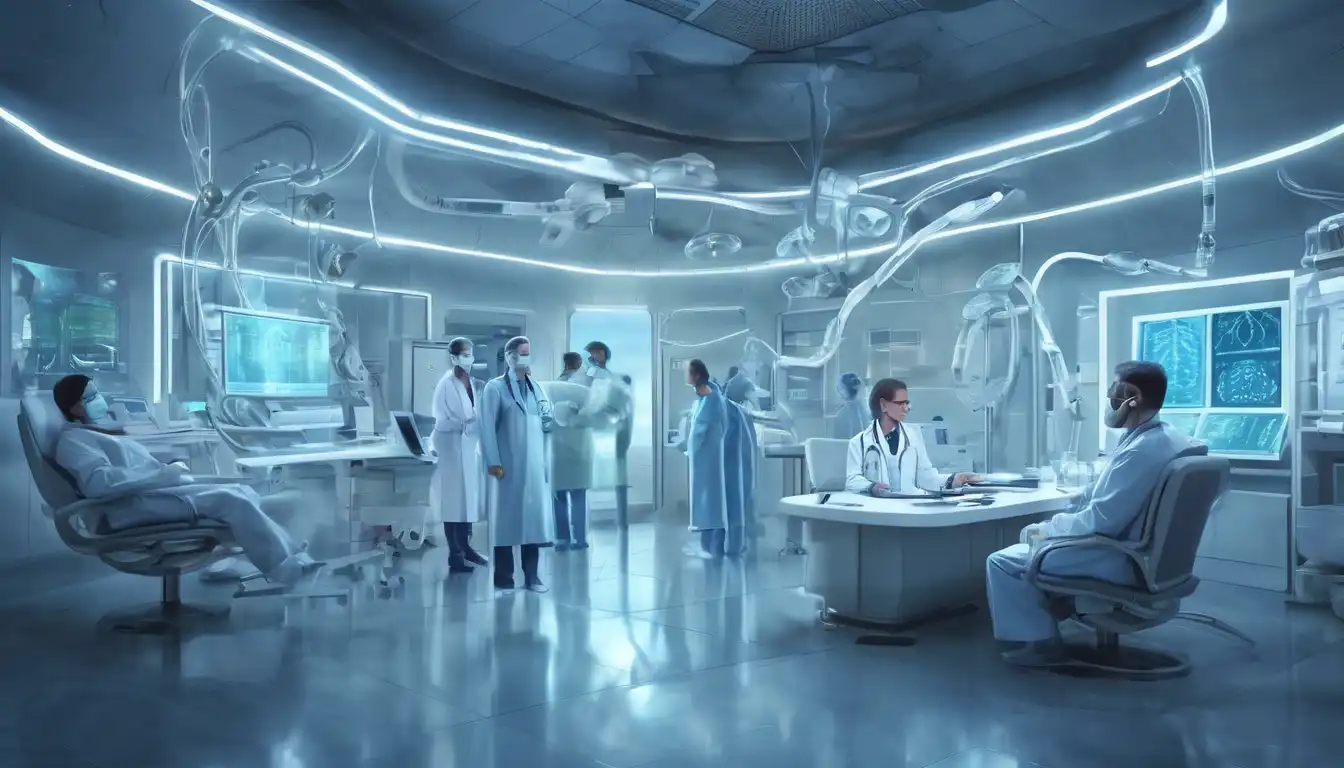The Impact of Artificial Intelligence on Healthcare
Artificial Intelligence (AI) is revolutionizing the healthcare industry by providing innovative solutions to complex problems. From diagnostics to treatment personalization, AI's role in modern healthcare is undeniable. This article explores the transformative power of AI in healthcare, highlighting its benefits, challenges, and future potential.
Enhancing Diagnostic Accuracy
AI algorithms are now capable of analyzing medical images with precision that rivals human experts. Technologies like machine learning and deep learning enable the detection of diseases such as cancer at early stages, significantly improving patient outcomes. For instance, AI-powered tools can identify patterns in X-rays or MRIs that may be overlooked by the human eye.
Personalizing Patient Care
Personalized medicine is another area where AI is making a significant impact. By analyzing vast amounts of data, AI can help tailor treatments to individual patients' genetic makeup, lifestyle, and other factors. This approach not only enhances the effectiveness of treatments but also minimizes side effects, leading to better patient care.
Streamlining Administrative Processes
AI is also transforming healthcare administration by automating routine tasks such as scheduling, billing, and claims processing. This not only reduces the administrative burden on healthcare professionals but also improves efficiency and reduces errors, allowing providers to focus more on patient care.
Challenges and Ethical Considerations
Despite its benefits, the integration of AI into healthcare comes with challenges. Issues such as data privacy, security, and the potential for bias in AI algorithms must be addressed to ensure equitable and safe use of these technologies. Moreover, the ethical implications of AI decisions in healthcare settings require careful consideration.
The Future of AI in Healthcare
The potential of AI in healthcare is vast, with ongoing research and development paving the way for more advanced applications. From robotic surgeries to AI-driven drug discovery, the future holds promising advancements that could further revolutionize healthcare delivery. As technology evolves, so too will the opportunities to enhance patient care and outcomes.
In conclusion, AI is playing a pivotal role in transforming healthcare, offering solutions that improve diagnostics, personalize treatment, and streamline administrative processes. While challenges remain, the future of AI in healthcare is bright, with the potential to significantly improve the quality and efficiency of care. For more insights into how technology is shaping healthcare, explore our technology in healthcare section.
